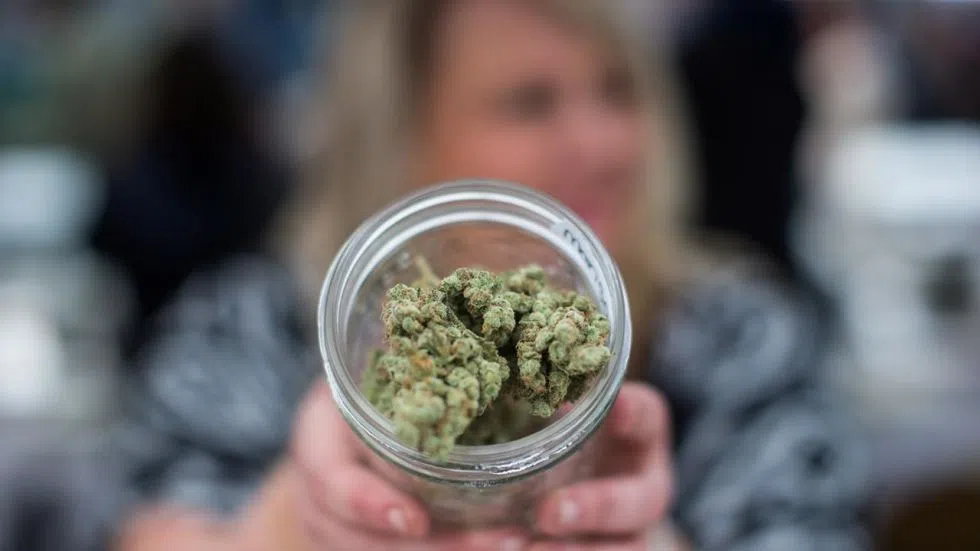
Sask. counsellor speaks on cannabis health concerns ahead of legalization
With cannabis legalization just 18 days away, a longtime drug and alcohol counsellor in Saskatchewan is working to dispel some common misconceptions ahead of the date.
Rand Teed, an international certified drug prevention specialist and a long-term person in recovery, spoke to the Prince Albert Addiction Awareness Committee Friday, conveying a technical understanding of the drug and its effects in an effort to help counsellors work with their own clients.
“People’s belief around this drug is that it cures everything and it is harmless. It is just not true,” he told paNOW. “It is good people have an accurate understanding about that drug because, with any drug, too much or too often can cause trouble.”
Teed said he already deals with a litany of cases for cannabis counselling and has for some time. The biggest myth, he finds, is the fact cannabis cannot be addictive, maintaining cannabis can be both physically and physiologically addictive. He said excessive cannabis use can impede on sleep cycles and appetites.


